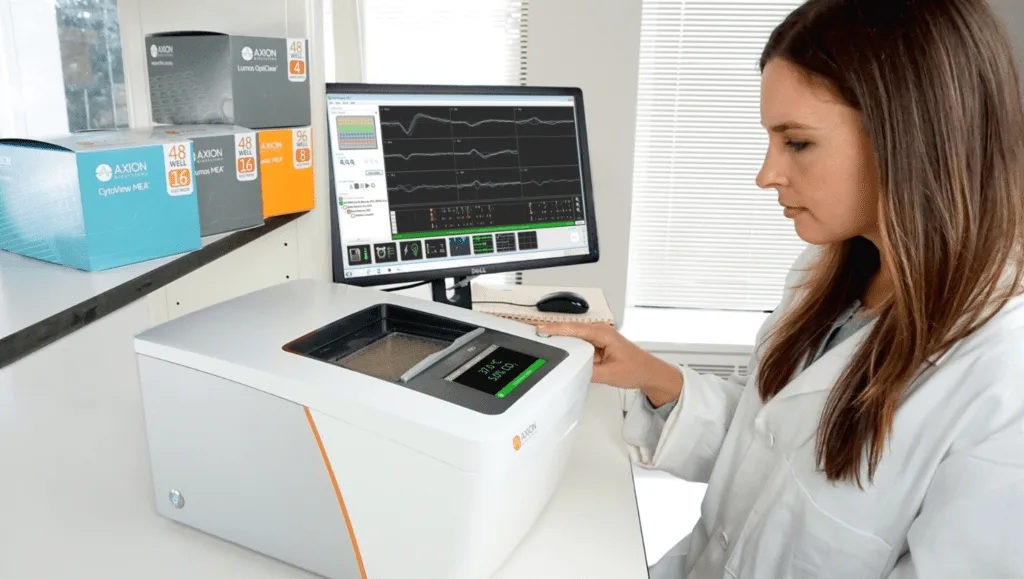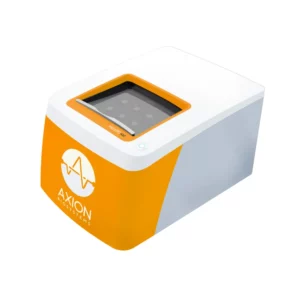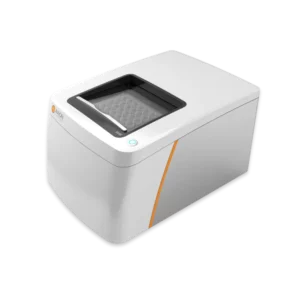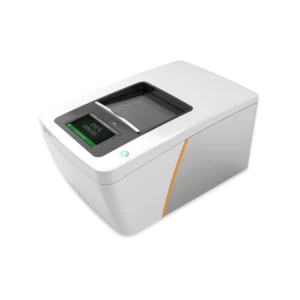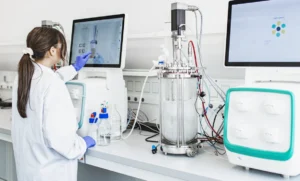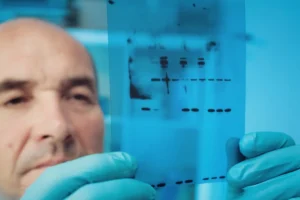Choosing the Right Micro Electrode Array (MEA) Analyzer for Your Research
Micro Electrode Array (MEA) analyzers have revolutionized in vitro electrophysiology, offering a powerful tool for studying neural and cardiac activity in real time. Unlike traditional methods such as patch-clamp and calcium imaging, MEA technology provides high-throughput, long-term, and non-invasive recordings of electrical activity, enhancing the research capabilities of laboratories across South Africa.
At Apex Scientific, a trusted supplier of laboratory equipment in South Africa, we offer Axion Biosystems’ MEA systems, leading solutions for electrophysiology research. This article will guide you through the key aspects to consider when selecting the right MEA analyzer for your research, focusing on available modules, the advantages over traditional methods, and the benefits of integrated software.
Understanding MEA Technology
MEA systems consist of multi-well plates embedded with microelectrodes that record extracellular field potentials from neurons, cardiomyocytes, and other electrically active cell types. This technology enables researchers to observe network-level activity, making it essential for applications such as:
- Neuroscience research: Studying neuronal network dynamics, disease modeling, and drug screening.
- Cardiac research: Investigating cardiomyocyte function, cardiotoxicity assays, and electrophysiology studies.
- Drug discovery: High-throughput screening of compounds for neuroactive and cardiotoxic effects.
As a leading supplier of laboratory equipment in South Africa, Apex Scientific is proud to offer these advanced systems to researchers looking for cutting-edge tools in electrophysiology.
Available Modules: Cardiac and Neural Applications
Axion BioSystems’ MEA platforms are modular, allowing you to choose the right setup for your specific research needs. The two primary modules are:
1. Neural MEA Module
Designed for studying neuronal cultures, this module enables researchers to:
- Record spontaneous and evoked activity in neural networks.
- Assess neuronal excitability and connectivity.
- Model neurological disorders such as epilepsy and neurodegenerative diseases.
- Conduct high-throughput drug screening for neuroactive compounds.
2. Cardiac MEA Module
Optimized for cardiac research, this module allows:
- Real-time monitoring of cardiomyocyte contractility and electrical activity.
- Arrhythmia detection and proarrhythmic risk assessment.
- Drug screening for cardiac safety, including FDA-required CiPA (Comprehensive in vitro Proarrhythmia Assay) testing.
Both modules provide high-resolution, label-free electrophysiological data, enabling more physiologically relevant experiments compared to traditional techniques.
Why MEA is Better Than Traditional Methods
Traditional electrophysiology techniques, such as patch-clamp and calcium imaging, have been the gold standard for studying electrical activity, but they come with significant limitations:
Feature MEA Systems Patch-Clamp/Calcium Imaging
- Throughput High (multi-well format) Low (single-cell approach)
- Invasiveness Non-invasive Requires cell penetration
- Duration Long-term recordings possible Limited due to phototoxicity
- Ease of Use Automated & scalable Labor-intensive
- MEA technology eliminates the need for invasive cell manipulation and enables high-throughput, long-term studies, making it an invaluable tool for modern electrophysiology research.
Benefits of Axion BioSystems’ MEA Software
The software plays a critical role in maximizing the potential of MEA systems. Axion BioSystems provides intuitive, user-friendly software with advanced data analysis capabilities. Key benefits include:
- Automated Data Acquisition & Analysis – Eliminates manual effort while ensuring reproducibility.
- Real-Time Visualization – Provides immediate feedback on electrophysiological activity.
- Advanced Signal Processing – Filters noise, detects spikes, and analyzes complex patterns.
- Customizable Protocols – Adaptable to a wide range of experimental needs.
- Integrated Machine Learning Algorithms – Enhances pattern recognition for drug discovery and disease modeling.
By using Axion BioSystems’ MEA technology, laboratories can streamline their data analysis process and unlock new insights into neural and cardiac research.
Key Considerations When Choosing an MEA Analyzer
To ensure you select the right Micro Electrode Array (MEA) Analyzer for your research, consider the following factors:
- Automated Data Acquisition & Analysis – Eliminates manual effort while ensuring reproducibility.
- Real-Time Visualization – Provides immediate feedback on electrophysiological activity.
- Advanced Signal Processing – Filters noise, detects spikes, and analyzes complex patterns.
- Customizable Protocols – Adaptable to a wide range of experimental needs.
- Integrated Machine Learning Algorithms – Enhances pattern recognition for drug discovery and disease modeling.
Apex Scientific can help guide you through these considerations and provide expert advice to help you choose the best MEA analyzer for your laboratory.
Conclusion
Axion BioSystems’ MEA technology offers a non-invasive, high-throughput, and reliable solution for studying electrical activity in neurons and cardiomyocytes. With powerful software integration, modular flexibility, and superior data acquisition capabilities, MEA systems provide a significant advantage over traditional methods.
For more information or to discuss the best MEA analyzer for your research, contact Apex Scientific, your trusted supplier of laboratory equipment in South Africa. Visit our product page for MEA systems to explore our range of options.

